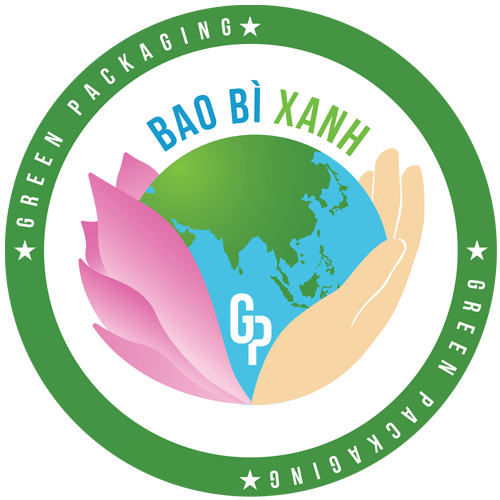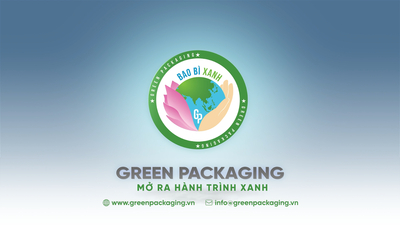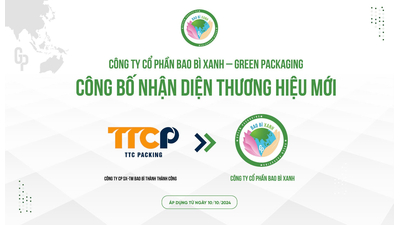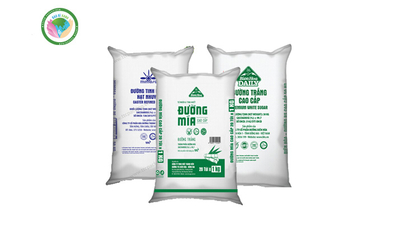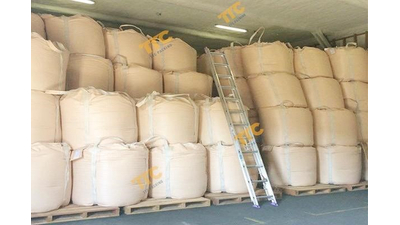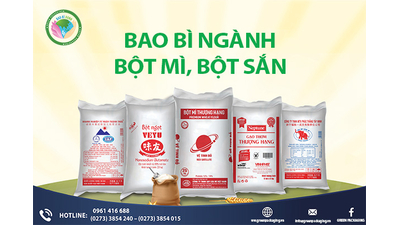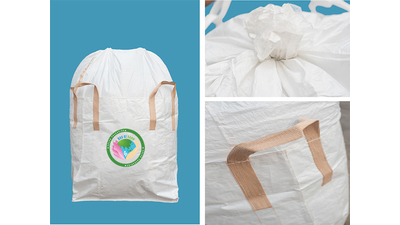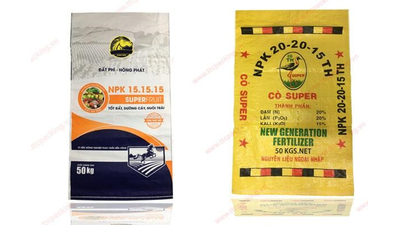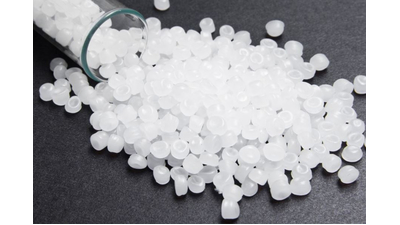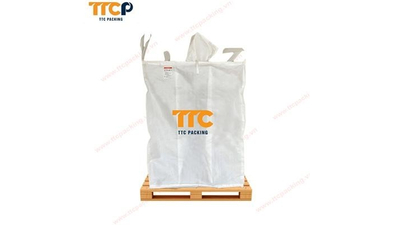1. What is a Sling bag?
Sling bag, also known as Slingbag, crane canvas, or crane hammock. This type of packaging is made from woven PP fabric, used in the field of packaging and transportation for sacks with small loads from 25 - 50kg. Sling bags are often used to transport bags of rice, bags of cement, bags of fertilizer, bags of animal feed ingredients...
Instead of packing and transporting goods on wooden or plastic pallets, sling bags are more popular thanks to advantages such as low price, light, convenience, highly durable, and space-saving.
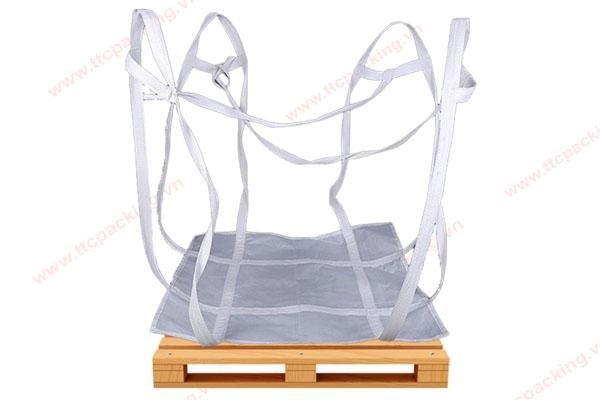
Sling bags are made from woven PP fabric, and used in the field of packaging and transportation for sacks with small loads from 25 - 50kg.
2. Structure of sling bag (sling bag)
The Sling bag is composed of 2 main parts: a thick sheet of woven PP fabric, sturdy, highly durable, with a weight of 140 - 175g/m2 along with a bag reinforced by 4 lifting belts. around. These 4 belts are also super durable and sturdy, able to withstand a load of up to 2 tons to secure goods.
The straps and belts of the sling bag are also made from super sturdy materials such as PP, or mono, or maybe large rope, to meet this large load.
Besides, to meet the needs of customers, to ensure that the goods do not fall out when moving on a sling bag, this type of bag can also be sewn with a cover at the bottom or 4 pieces of fabric around it.
In general, depending on the quantity or size of the bags placed on the sling bag, they can be flexibly adjusted in size and design to be most suitable and convenient. Normally, sling bags have sizes such as: 100cm x 120cm, 110cm x 120cm, 120cm x 120cm
3. Application of sling bag (sling bag)
The most common application of sling bags is in the field of cement transportation. In addition, this type of bag is also used as a convenient and optimal solution for storing and transporting goods, meeting customer needs in the following areas:
- Chemical industry such as detergents, solutions,...
- Mineral industry: iron ore, aluminum ore, ore powder, plastic granules.
- Construction industry: soil, sand, cement, crushed stone, construction waste (debris).
- Fertilizer industry: phosphate, nitrogen,...
- Food: cereals, rice, wheat, seeds, nuts: coffee, soybeans.
- Food for livestock, poultry, livestock.
- Vegetables and fruits.
- Industry of flammable and explosive products.
4. Is the current reputable sling bag processing unit?
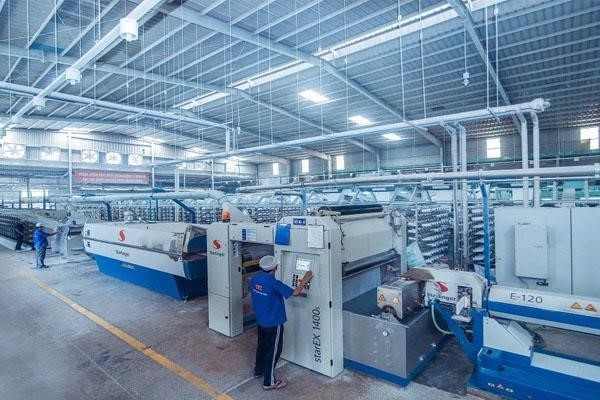
Production capacity of Green Packaging: 1,000 tons/month.
Green Packaging is a reputable Sling bag processing unit, specializing in manufacturing high quality and durable goods bags. Green Packaging is currently providing many Sling bag models with different standard sizes, suitable for many customer uses. There are many load levels for you to easily choose from 500kg - 800kg - 1000kg. In particular, when coming to Green Packaging, you will be advised on packaging solutions to suit practical needs and optimize production costs.
With 22 years of experience, applying advanced technology imported from Starlinger (Europe) with a production capacity of 1,000 tons/month and factory area of up to 54,000m2, Green Packaging is committed to providing quantity Sling bag products to meet the needs of all customers, in many different fields.
Along with that, Green Packaging owns the ISO 9001:2015 quality management system and HACCP food safety management system to ensure quality, by customer requirements when looking for sling bags for packaging. food industry goods.
More and more customers are turning to Green Packaging's sling bags instead of traditional plastic and wooden pallets as proof of the convenience and cost savings of this packaging.
If you also need to pack and transport goods with small loads from 25 - 50kg, don't forget to contact Green Packaging for the most detailed advice.
Hotline: (0273) 3 854 240 – (0273) 3 854 015.
